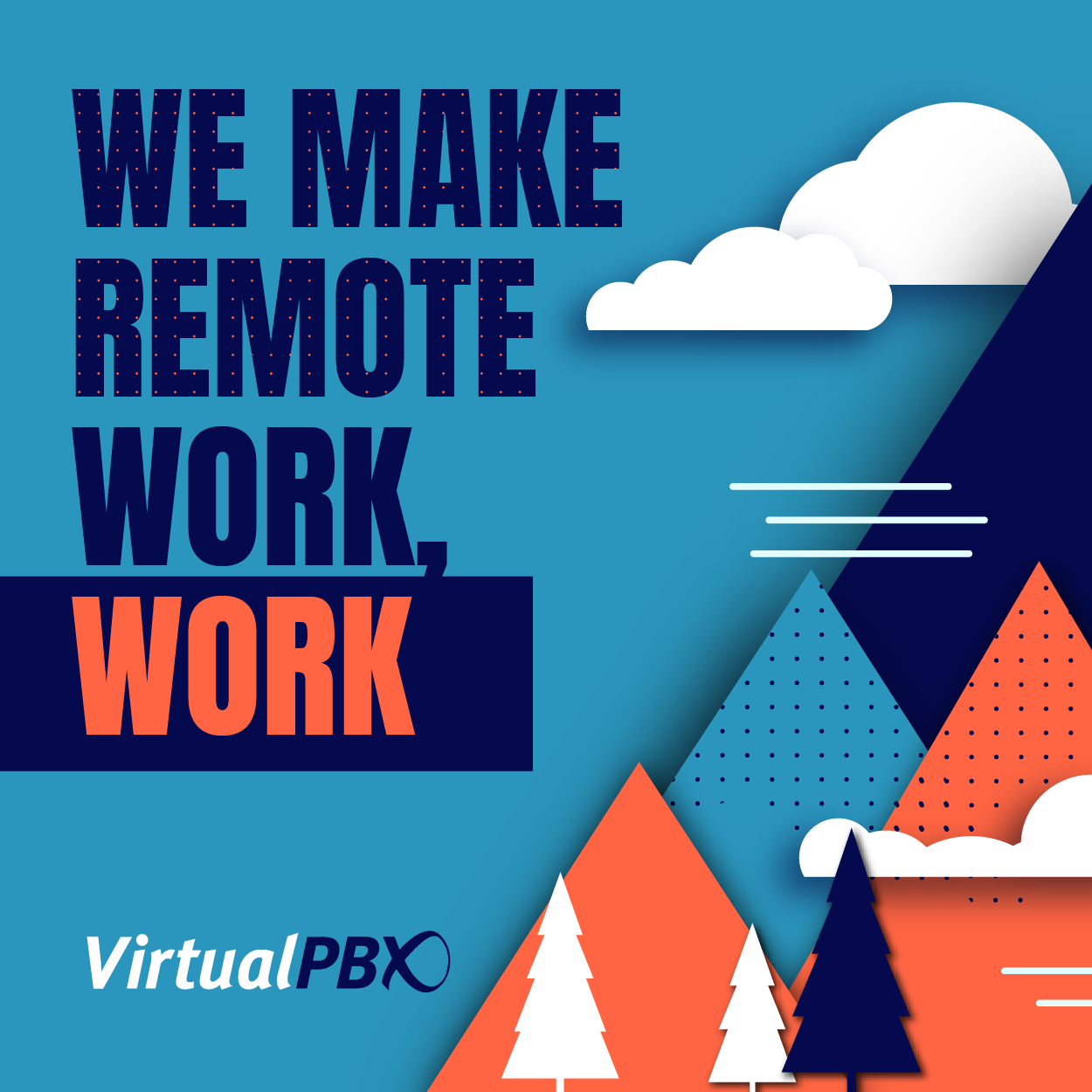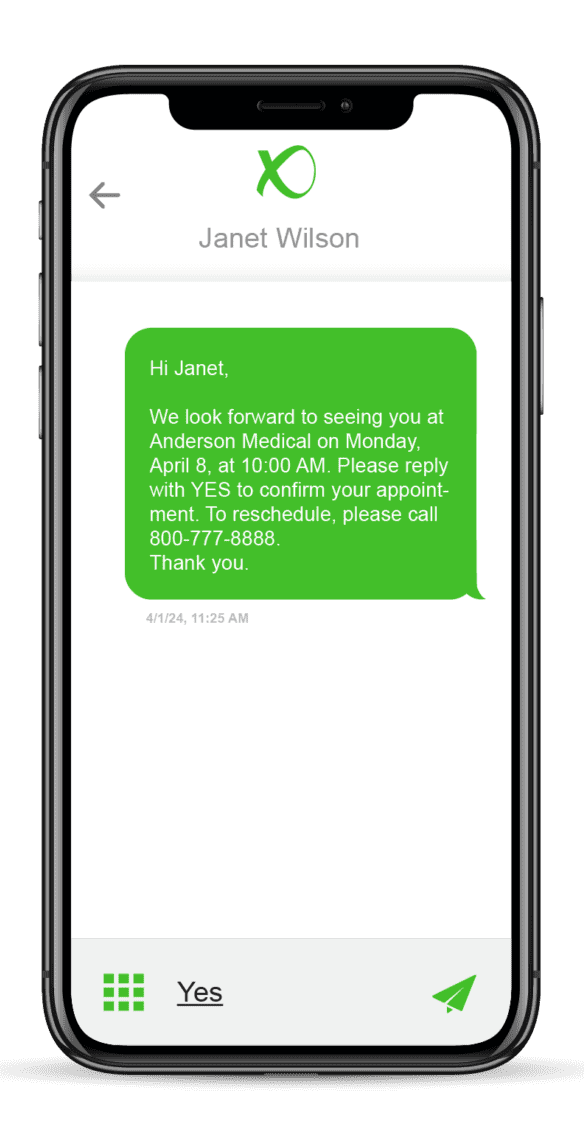In this second part of our multi-part series on the importance of your phone system, we take a look back into history to see how the origins of hosted PBX began and how it’s evolved to become an important cog in your business machine.
To fully appreciate how and why a hosted, virtual, or IP PBX provides benefits to your business we need to take a little trip back in time to the days of the switchboard to fully grasp the origins of hosted PBX. You’ve probably seen old pictures, movies or cartoons depicting a group of operators hurriedly connecting calls by manually swapping wires from one place to the next as calls arrive. Back then, switchboard rooms might be filled, floor-to-ceiling, with the equipment required to patch every call while “runners” were hired to climb the ladders that were attached to those switchboards, simply to connect calls. The equipment was incredibly monolithic; the process was very labor-intensive; and there was no chance a small business owner could conceive of having their own switchboard. It’s hard to even believe that we actually managed to communicate that way.
As time passed from the origins of hosted PBX, advances in basic telephony, switching enhancements, improvements in signaling, the advent of the PBX (private branch exchange), and the eventual intersection of computing technologies contributed to the rapid disappearance of manual switchboards during the latter half of the 20th century. Phone systems became smaller and more automated, required less space to install, less people to make them run, and provided much more functionality at the touch of a button. One or two operators could do the job of what had taken dozens just decades before. By the late 20th century, a well-heeled entrepreneur could conceivably purchase and install a PBX with the aid of a consultant and such a PBX system could, quite literally, fit inside of a closet.
For the small business owner, unfortunately, the overhead cost of a phone system living in a telecommunications “closet” still presented a huge cost concern. Adding together the price of the PBX hardware, switching systems, phone lines, configuration and ongoing maintenance costs, as well as the dedicated phone hardware made such a purchase cost-prohibitive. The risks involved with maintaining the hardware on-site also might cause a business owner some nightmares. What happens if there’s a power failure or a major catastrophe? What if the business needed to move? What if local construction “accidentally” cuts the incoming lines? Enter the Internet Age.
With computing and mass storage centralized to data centers and even larger dedicated “closets” where power, environmental conditions, and even backup could by maintained by third parties, the ability to take the traditional PBX “out of the closet”, so to speak, became a plainly obvious endeavor. If websites and other business-critical applications could be “hosted” outside the walls of corporate headquarters, so could a phone system. And if a phone system can be hosted, then everyone (including the burgeoning ranks of micro and home-based businesses) could leverage the cost advantages and power of a…wait for it…hosted pbx. Virtual PBX was the first to deliver such as system in 1998 and we coined the term ‘virtual pbx‘ to more adequately describe the technology. You’ll also find such systems under the moniker of ‘hosted phone system’, ‘hosted IP pbx’ (we’ll be exploring that one in the future), and most recently,’ VoIP pbx’. These days many of the terms are used interchangeably to describe a phone system that incorporate the following functionality:
- Have an auto-attendant that acts as a virtual operator or virtual receptionist – Every caller is greeted with a message and options that are unique to the business.
- Employees have an extension and every extension has voicemail – Just like an enterprise PBX.
- Forward calls to any phone number – Standard PBXs lock employees down to the phone at their desk. With a hosted pbx, the employee defines what phone is used and multiple numbers can be stored.
- Have the ability to handle multiple phone numbers – Toll-free numbers for a national presence; local numbers for your local presence.
- Send any phone number to almost any part of the hosted pbx.
- Be able to take the entire Caller ID or portions of the Caller ID and automatically route calls as they arrive.
- Be able to route calls based on caller input.
- Follow-me calling – A hosted PBX can call each phone number that an employee stores allowing them to take calls wherever they are; this function is also readily enabled or disabled.
- Provide information about each call including the ability to screen – Also known in the industry as call whisper.
- Be able to transfer calls – An obvious and critical function.
- Decipher between normal calls and fax calls and be able to handle those messages accordingly.
- Convert messages to attachments that can be forwarded in email.
- Include a call queueing system – An intelligent and automated delivery method that allows small businesses to create virtual “departments” that are able to handle a caller’s needs more specifically.
- Built-in conferencing.
- Include a web-based interface – A hosted pbx can be readily configured and maintained through a web browser
- Include some form of reporting and logging – Allows even the smallest businesses to learn about their phone traffic and how to maximize how the phones get used
- Include redundancies in the back-end hardware – Technology is useless if it fails. This goes double for your phone system. Building in a high-level of fault tolerance and backup system allows hosted pbx to perform mission-critical tasks.
For small business owners, especially ones that utilize the phone as a critical link in their operations, the advantages of a hosted pbx are hard to ignore:
- Low cost to implement, low cost to maintain.
- No hardware-lock in – you can connect any VoIP hardware to our phone system (land line, cell phone, VoIP line, Sat Phone, etc.), make use of software-based phones like the VirtualPBX Web Phone and VirtualPBX Softphone.
- No pbx hardware to buy, no software to learn and upgrade because you’ll have…
- Off-site hosting and maintenance – This is especially valuable if you run your business in areas that are routinely impacted by weather or conditions that can affect your phone system.
- Provide an enterprise-level presence even if the company is run by a single proprietor.
- For the diversified entrepreneur, a hosted pbx allows multiple businesses to be run under one phone system.
- Be able to provide actual departments to callers. Businesses look even larger and the customers are handled more appropriately.
- Instantly discern between your business calls, personal calls, and calls from your VIPs.
With all the capabilities available from hosted pbx technology and the value-add that is inherent to the technology, the most important aspect of the hosted phone system is that it becomes a transparent and integral part of your day-to-day operations. In fact, your phone system becomes a key enabler of your business; a vital cornerstone that, along with a set of tools, allows you to do business anywhere. By simply adding a customer relationship management solution; dedicated billing software; and any combination of freely available communications and office productivity tools such as Facebook, LinkedIn, Twitter, Google Docs, and a multi-IM client such as Trillian or Digsby, you’re ready to work wherever you, your laptop, and your phone are most comfortable.
And what will the future hold for such a key member of your business? That’s what we intend to look at in our final installment, from the origins of hosted PBX into today and beyond. We hope you’ll be back for that one.






